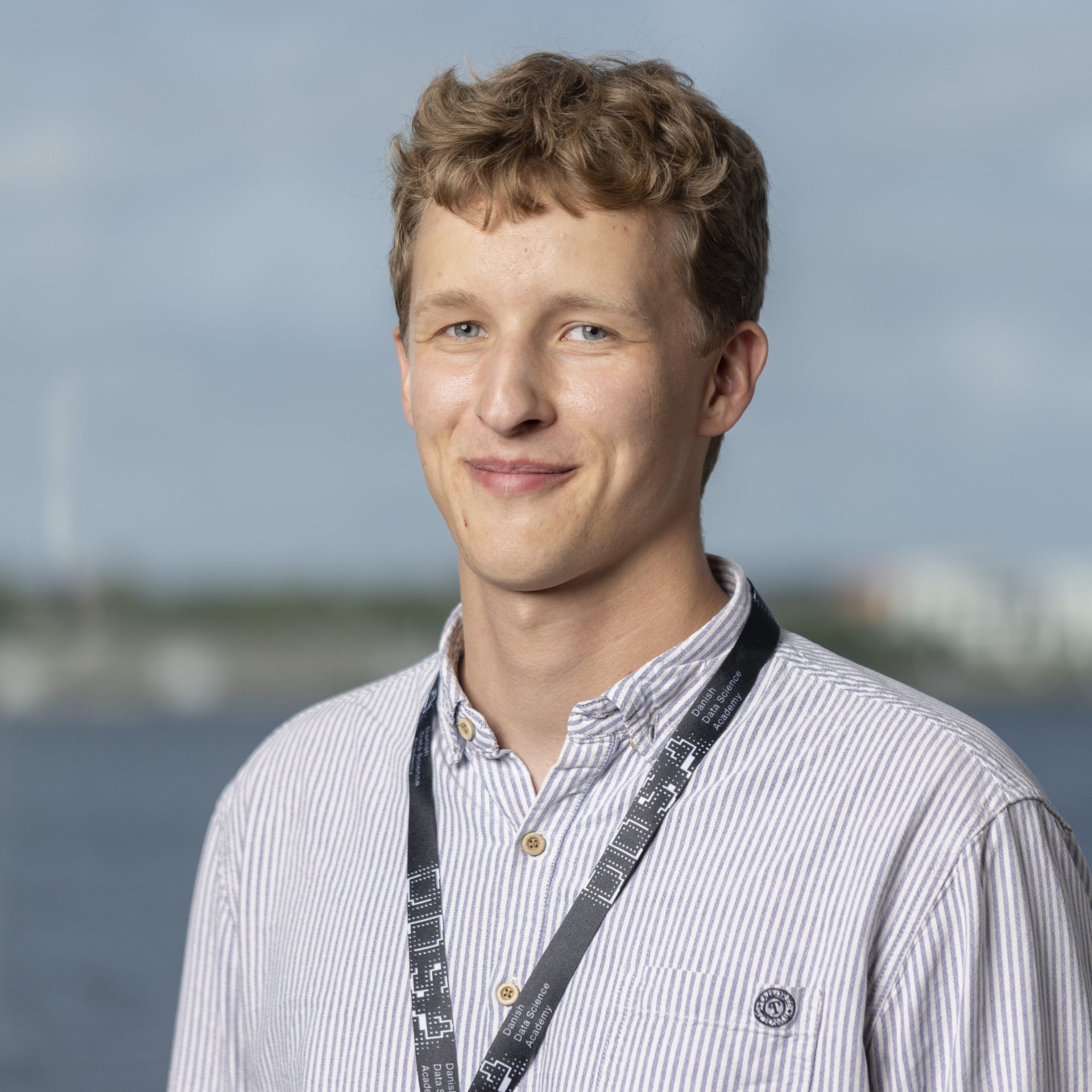Asbjørn Munk
_______________________________________________________

MSc in Computer Science
PhD @ University of Copenhagen
Abstract
Toward Theoretically Grounded Domain Adaptation for Brain Image Segmentation
This research proposal is a collaboration between the Machine Learning Group at University of California, Berkeley, Bruce Fischl’s group at Harvard Medical School, and the Medical Image Analysis Group at University of Copenhagen.
Deep learning has shown tremendous success in brain image analysis, aiding clinicians and researchers in detecting and treating a wide range of diseases from various data sources such as CT and MR images. A common task is to perform segmentation on images. However, the field is fundamentally limited by a lack of labeled training data and substantial variations in the data available. As a result of this, models often exhibit a lack of robustness to changes in equipment, patient cohorts, hospitals, and scanning protocols.
Because segmentation models have very large hypothesis spaces, existing domain adaptation theory and methodologies have failed to alleviate these problems. Current methodologies are either not grounded in theory or impractical to apply to segmentation models, where the large hypothesis spaces make it intrinsically difficult to overcome numerical issues or achieve noteworthy performance.
To push forward the field of brain image analysis, there is a need for theoretically well-founded domain adaptation methods. This project aims to work towards such methods, by boldly conducting theoretical work with the world-leading machine learning group at Berkeley, and apply this work to brain image segmentation, in collaboration with Bruce Fischl’s world-leading group at Harvard Medical School. The project is to be centered at the Medical Image Analysis group at University of Copenhagen, which is internationally recognized for applying cutting-edge machine learning practices to medical image analysis problems.
If successful, this project will lead to more robust models, a fundamental contribution towards utilizing the vast amount of medical images which is being produced at hospitals worldwide. This work will contribute towards providing technology for improving fundamental brain research as well as improving the diagnosis and treatment of brain diseases, helping patients, clinicians, and researchers.
